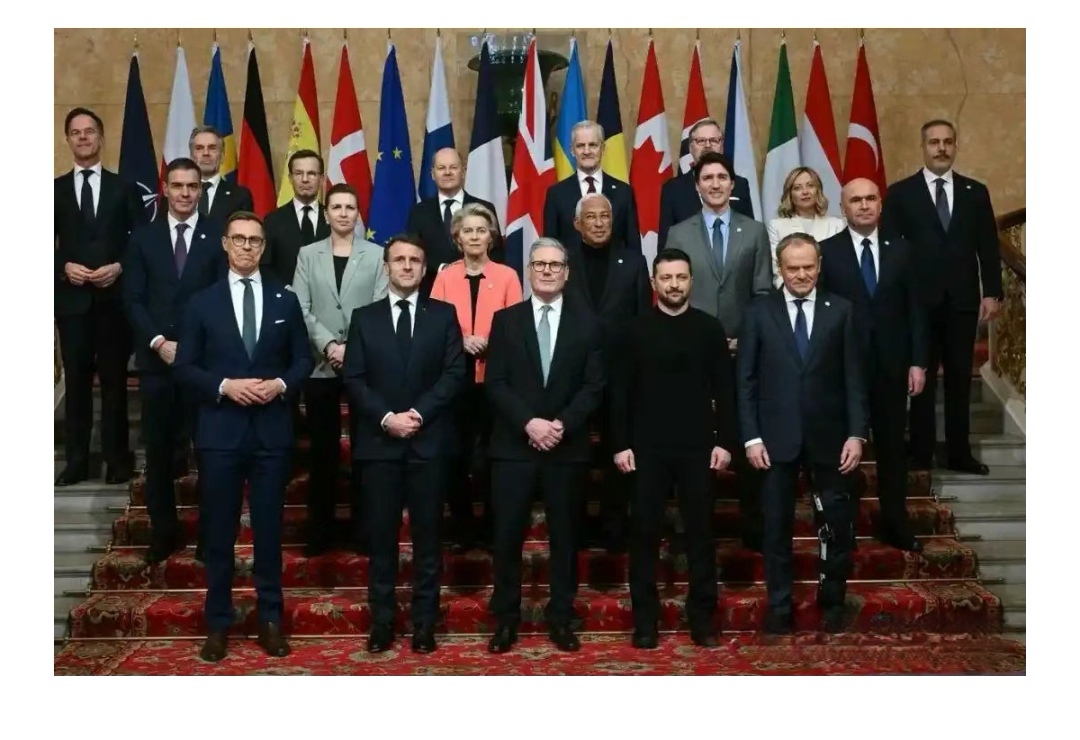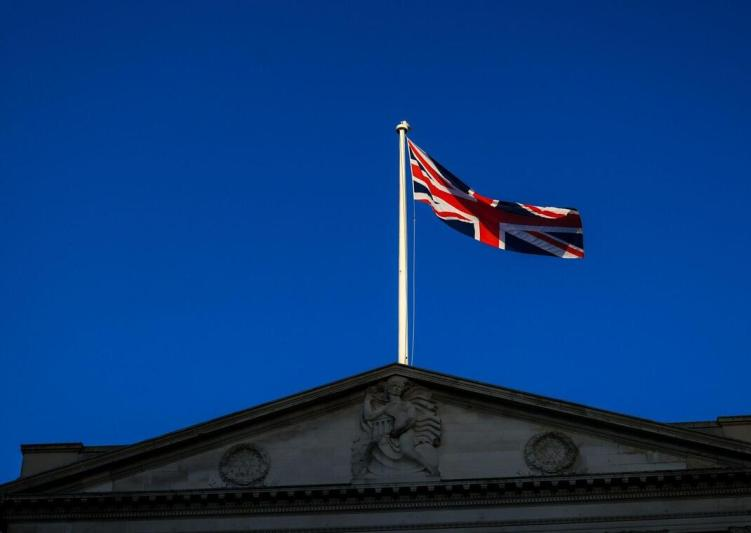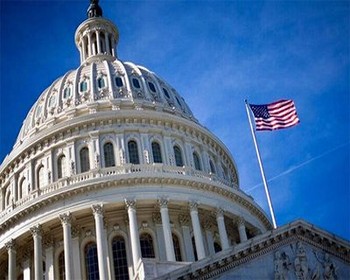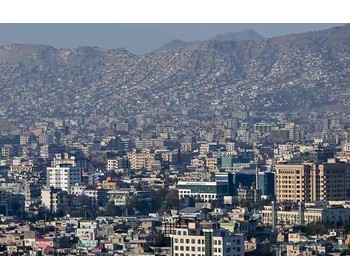Germany, newly promoted to third place in the world economy, has not had a good time recently, first amid rumours of a technical recession. Second, last week, the German government cut its growth forecast for 2024 from 1.3% to 0.2%, a huge drop that reveals a clear lack of confidence in the German economy. In the face of external concerns and doubts, German Finance Minister Lindner came out to defend, saying, "Germany is not sick, just tired." Officials' efforts to extinguish the fire have not dispelled the outside world's concerns, and the public opinion of the "sick man of Europe" has come to the face.
Once hailed as Europe's economic locomotive, Germany is now in an awkward position. Judging from the trend of the German economy in recent years, it is not wrong to become the "sick man of Europe". In the context of a Europe-wide economic recovery, Germany is not only failing to seize the opportunity, it is also going backwards. There are already warnings that the German economy will fall back into technical recession in the first quarter of 2024. That means Germany's economy will continue to contract in the first three months of this year, after last year's recession and being the world's worst-performing major economy.
The poor economic performance of Germany is not only caused by one or two reasons, but is caused by the superposition of many reasons. From the perspective of all factors, the main one is that the anti-globalization has deeply affected Germany's export economy; An ill-conceived energy transition plan that wants to abandon nuclear and coal power before adequate alternatives have been developed; Underinvestment accumulated over the past few years, with the federal government preferring to invest once-abundant funds in social welfare rather than to promote national transformation; Bureaucracy is severe, administration is often inflexible, and decision-making is scattered at multiple levels, creating unnecessary difficulties for new projects.
How to remove the hat of the "sick man of Europe" and quickly boost the economy has become a top priority for the German government. What lies ahead for the government is to prepare for the long term and tackle the difficulties both domestically and internationally. Domestically, as across Europe, the priority is to address the growing peasant protests as quickly as possible and to undertake a radical economic transformation. Germany's biggest challenge is not to reinvent its industry in the next two years, but in the next decade. While the government has taken tentative steps to increase investment in start-ups, speed up approvals for infrastructure projects and ease immigration requirements for skilled workers to help address the labor shortage. But much more needs to be done to get the economy on a new track.
Internationally, rebranding Germany is key. Once upon a time, the label of German brands was professional and high standard. With the rise of international brands, made in Germany is no longer fragrant. From the current global import data for German brands, foreign demand has long begun to decline. The decline hurts not only Germany's big factories, but all suppliers along their value chain, including upstream suppliers in Germany and abroad, which will reduce consumption activity from Germany and the rest of Europe, creating a self-reinforcing vicious circle. For Germany, the further reduction of foreign demand means that many industries in Germany are facing a double blow in the domestic and international markets, and the direct impact of the downturn in demand is the reduction of economic activity.
To sum up, the future of the German economy faces a series of difficult problems to be solved, both internationally and domestically. At home, the German government needs to take measures to quickly transform the economy to stimulate domestic demand, and it needs to deal with the problem of inflation. Internationally, the impact of geopolitical conflicts continues to exist, the performance of international demand is not optimistic, and so on. How does the German government look for new partners, reshape the German brand image, and open up new areas of cooperation to become new areas of focus? If we can point out the current problems, with Germany's economic heritage, we can remove the "sick man of Europe" hat.




























